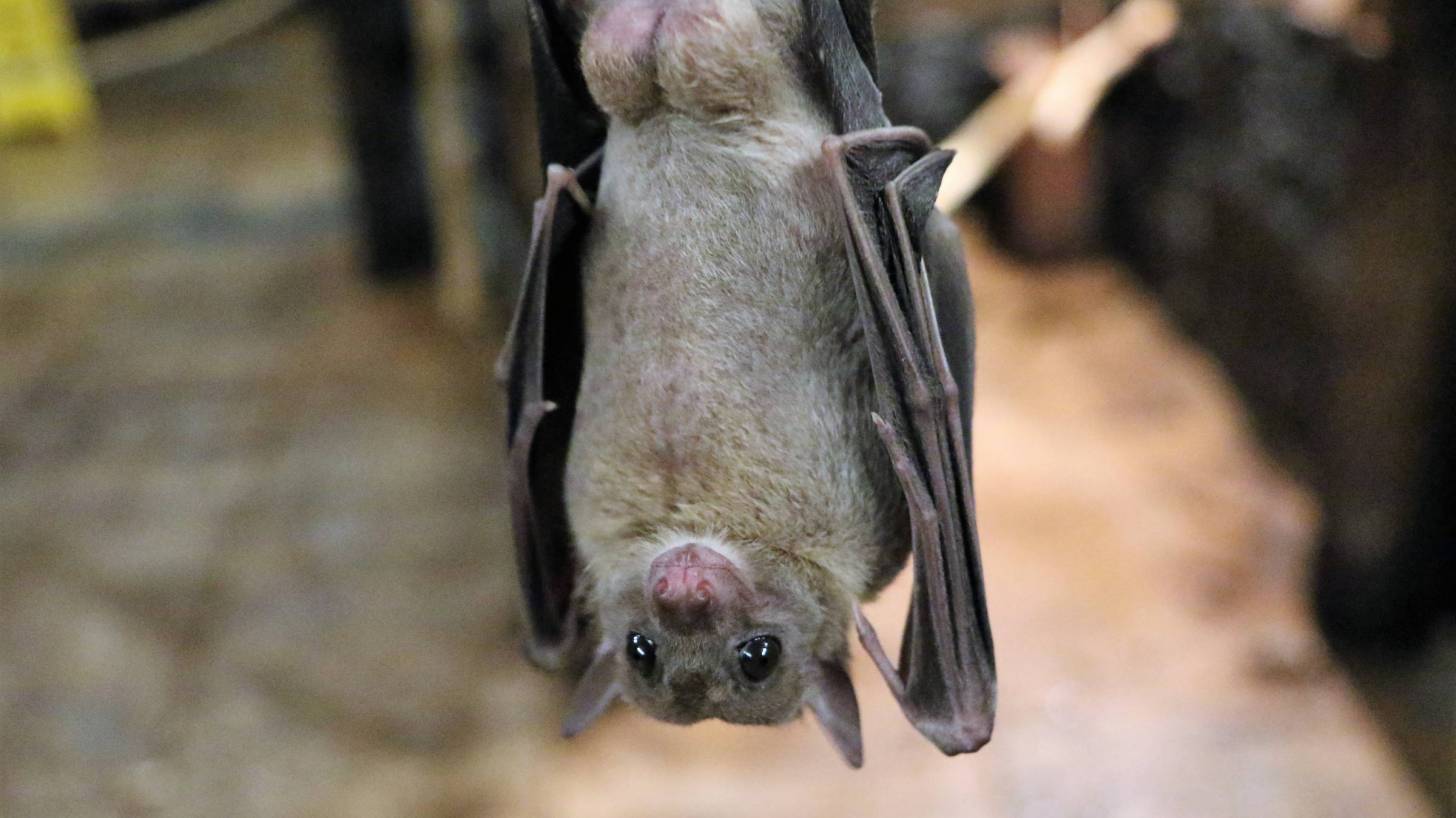India States Report Nipah Virus Deaths

The little-known virus with a mortality rate up to 70 percent has emerged and is spreading in southern India.
The Nipah virus, which can cause respiratory problems, brain inflammation, and death is now being reported in 2 India states.
The death toll in the India state of Kerala, where the Nipah outbreak began during April 2018, has risen to 13 fatalities, according to Reuters.
Indian health officials are verifying the Nipah virus had spread to a second state after 2 suspected cases were reported in southern Karnataka.
The Nipah disease is currently incurable, and there isn’t a vaccine available.
The Nipah virus can be transmitted to humans after consuming food contaminated by bat saliva or urine. And, human to human transmission has been reported.
Fruit bats have been identified by the World Health Organization (WHO) as the carriers of Nipah virus.
Fruit bats, of the Pteropodidae Family, Pteropus genus, don’t bite people or even come into contact with people.
Instead, the Nipah virus problem comes when people and livestock share fruit with bats.
Dr. Arrackal Madhavan, a bat researcher, told India Today "Bats are human-friendly and useful to balance our ecosystem. Fruit bats are common in our villages and farms.”
“Like pigs, dogs or other animals, fruit bats are carriers of viruses.”
“People should protect themselves through preventive measures. Culling bats is not the remedy for Nipah virus infection,” Dr. Madhavan said.
According to the US Centers for Disease Control and Prevention (CDC), the Nipah Virus was first isolated and identified during 1999 in Malaysia. It was named after a Malaysian village called Sungai Nipah.
In Malaysia, bats would drop pieces of infected mango into the pig pens. The pigs got a severe respiratory infection that spread as one farmer sold pigs to another. Creating a buffer between fruit trees and pig pens stopped the spread of Nipah virus in Malaysia.
In subsequent Nipah outbreaks, there were no intermediate hosts identified.
In Bangladesh in 2004, humans became infected as a result of consuming date palm sap that had been contaminated by infected fruit bats, reports the WHO.
The WHO has placed Nipah virus on the priority disease watchlist.
And, the CDC has not issued a Travel Alert for India regarding the Nipah virus outbreak.
Our Trust Standards: Medical Advisory Committee

